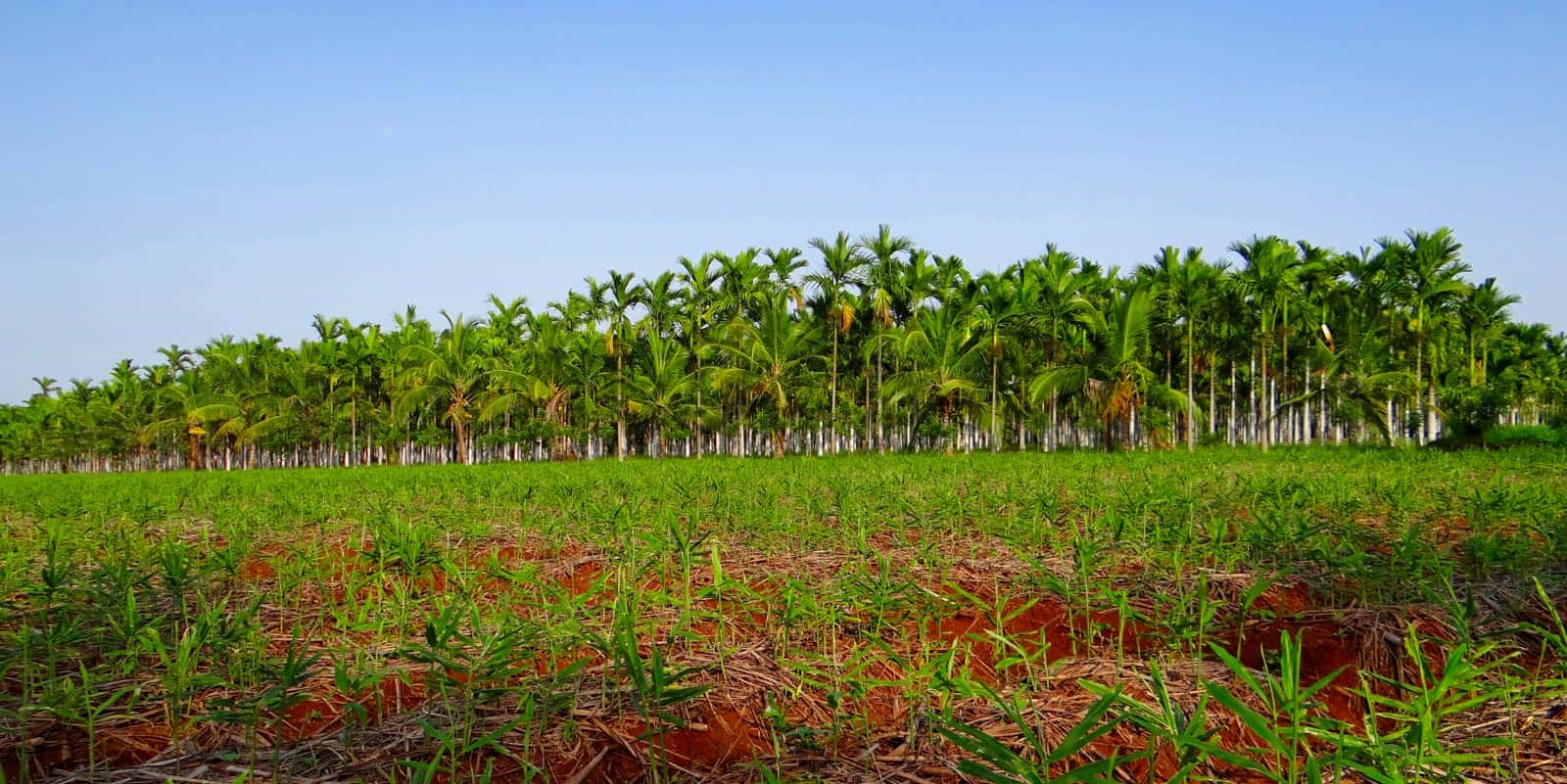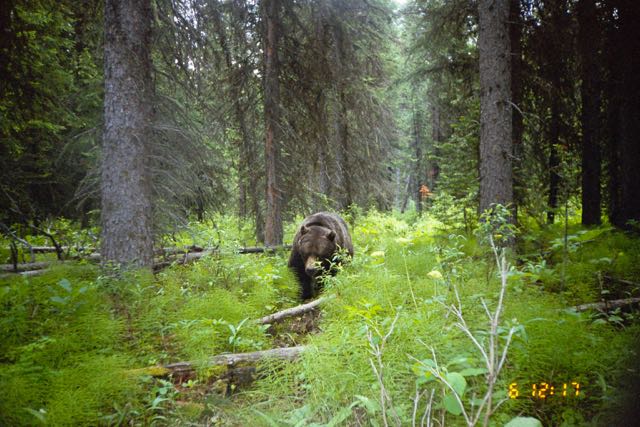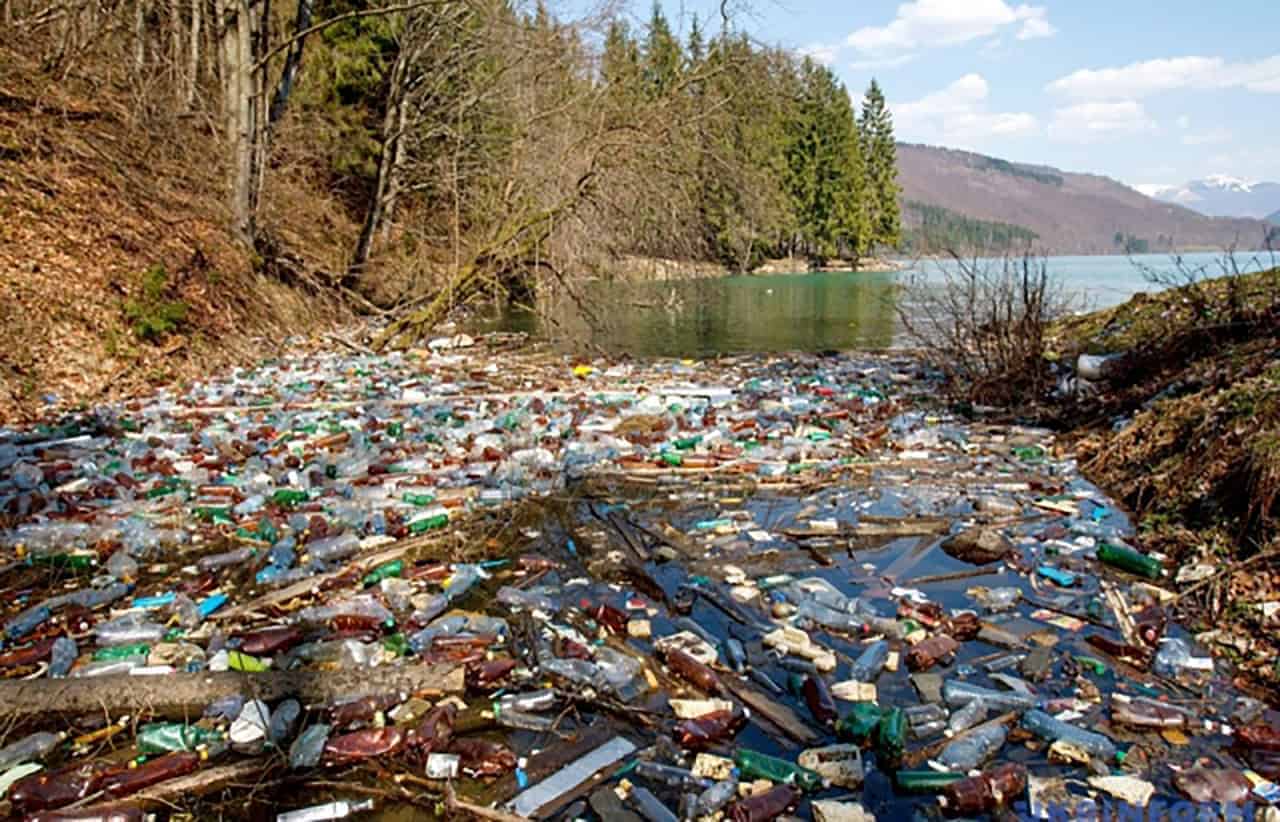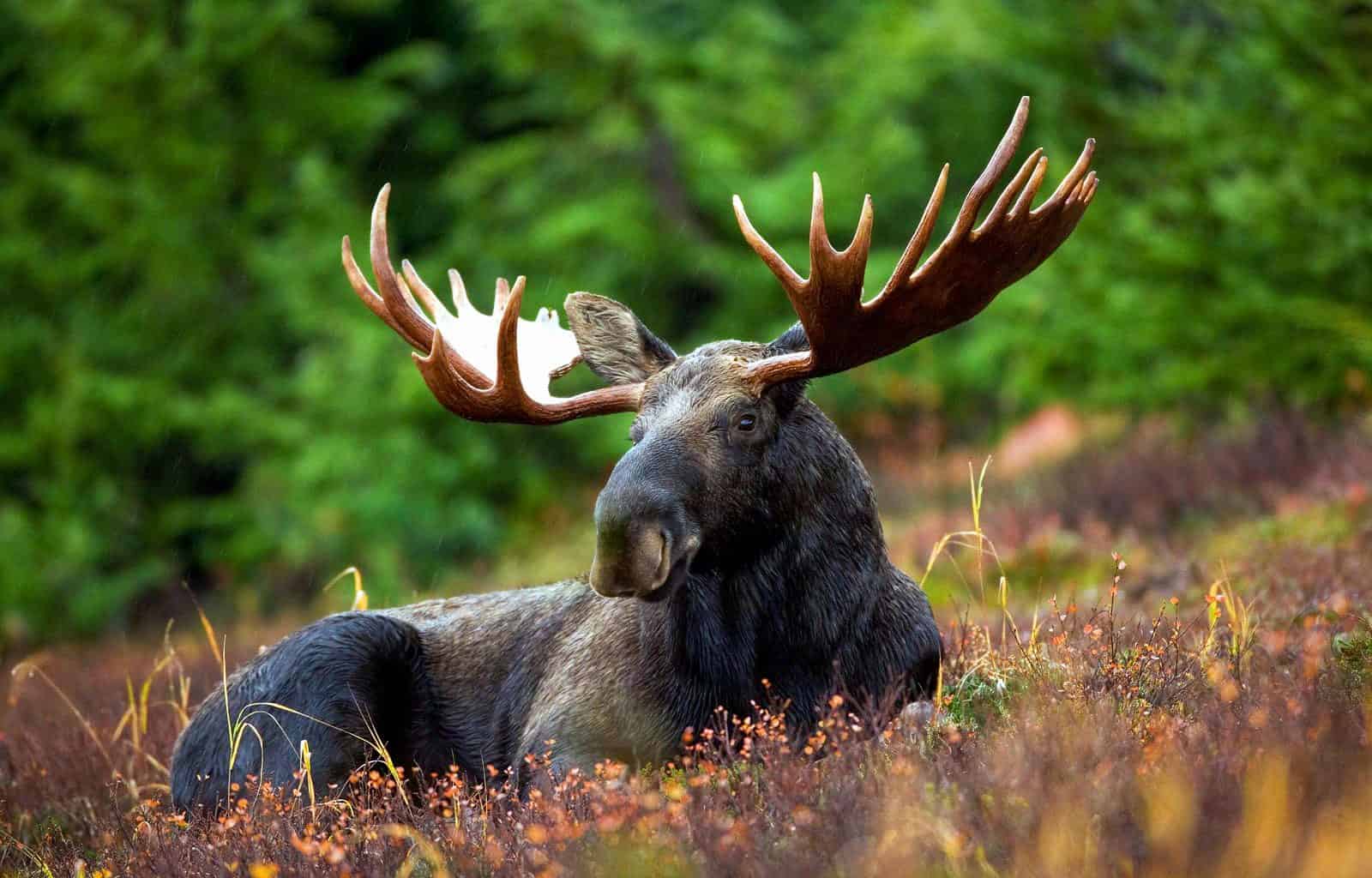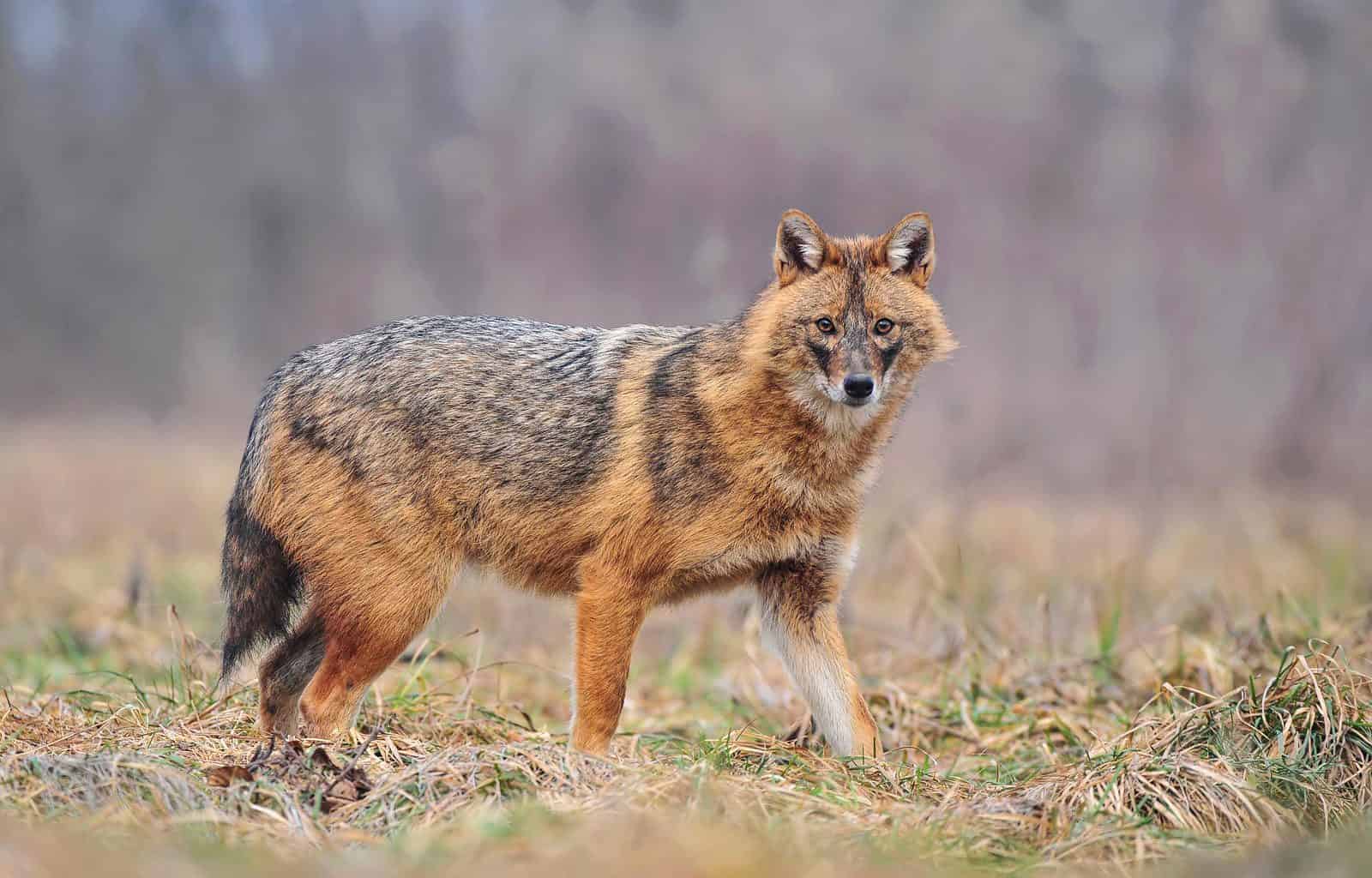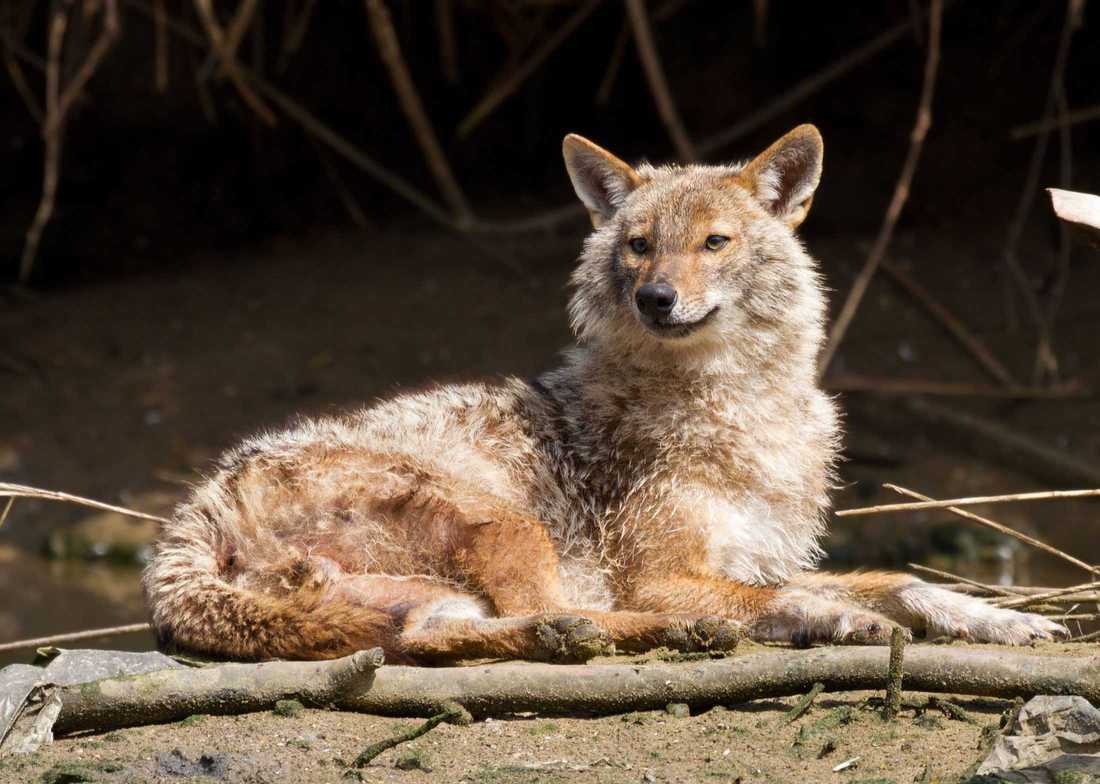Women in conservation: Wangari Maathai of Kenya
This International Women’s Day is celebrated under the theme “Gender equality today for a sustainable tomorrow”, recognizing the contribution of women and girls around the world, who are leading the charge on climate change adaptation, mitigation and response to build a more sustainable future for all. As it also happens that March 3rd is Africa Environment Day, often celebrated under the name of “Wangari Maathai Day”. It’s called this way in recognition of the work and life of Professor Wangari Maathai. She dedicated her life to promoting environmental conservation and sustainable development in Africa and was the first African Woman to be awarded the Nobel Peace Prize.
Making history
Wangari was born in a small village in Kenya in 1940. Her family was Kikuyu, the most populous ethnic group in Kenya. When she was eight years old, her family sent her to school. This was an unusual opportunity for girls in Kenya at this time, but Wangari excelled and earned a scholarship that allowed her to travel to the United States and attend college. Maathai studied in Kansas and Pennsylvania, earning Bachelor of Science and Master in Biology.
In 1963 Kenya gained independence. She returned home in 1966 and dropped her forename, preferring to be known by her birth name, Wangarĩ Muta. She joined the University of Nairobi as a researcher and then lecturer in Veterinary Anatomy. In 1971, she became the first Eastern African woman to earn a PhD, her doctorate in Veterinary Anatomy. After that she continued to make history throughout her career, eventually becoming the first woman in the region to chair a department and the first to become an associate professor.
Activism
During her work at the university, Maathai fought for equal benefits for the women staff and even attempted to form a union out of the academic staff association. She was also worked with a number of civic organisations such as the Kenya Red Cross Society and the Kenya Association of University Women. When the Environment Liaison Centre was created she became its member and eventually board chair. The aim of the Environment Liaison Centre was to promote the participation of non-governmental organisations in the work of the United Nations Environment Programme (UNEP). Maathai also joined the National Council of Women of Kenya (NCWK). Her work at various volunteer associations made her realize that the root of most of Kenya’s problems was environmental degradation and resulted in the creation of the Green Belt Movement.
Wangari’s story shows a person who had to pay a lot for her choices. She was harassed, threatened, beaten and jailed. Nevertheless, she persevered, earning national and global recognition and eventually reaching great heights such as the position of a government minister. She made environmental issues not only a concern of Kenya’s but also Africa’s concern. In her job as a member of parliament and an assistant minister for the environment, she fought for women’s rights, democratic space, multipartyism, against corruption, land grabbing and misogyny.
Green Belt Movement
Faced with the extreme poverty of women in Kenya and the deforestation threatening her country, Wangari created a grassroots organization that trained and paid women to plant trees on their farms, churches and schools. This small, grassroots movement eventually grew, helping almost 900,000 women and planting more than 30 million trees. Less than 10 years after its foundation the Pan African Green Belt Network was created, bringing the principles of the Green Belt Movement to other African countries and helping them develop similar initiatives.
The Green Belt Movement aimed at the introduction of ecological thinking. It also helped empower communities through the organization of civic and environmental education opportunities such as Community Empowerment and Education seminars. They encouraged individuals to examine and change their political, economic and environmental circumstances. Thus the Green Belt Movement advocated for democratic space and more accountability from national leaders. It fought against land grabbing and the intrusion of agriculture into the forests, called for the release of political prisoners. Nowadays, it spread internationally to campaign and advocate on climate change, the importance of Africa’s rainforests in the Congo, to launch the mottainai campaign – the notions of “reduce, reuse, recycle” in Kenya and worldwide – and has partnered with the United Nations Environment Programme (UNEP) in its Billion Tree Campaign.
Nobel Peace Prize
Wangarĩ Maathai was awarded the 2004 Nobel Peace Prize for her “contribution to sustainable development, democracy and peace”. Her tremendous work made her the first African woman and the first environmentalist to win the Peace Prize. The Nobel peace prize recognition summarises her contribution with these words: “Maathai’s mobilisation of African women was not limited in its vision to work for sustainable development, but saw tree-planting in a broader perspective which included democracy, women’s rights, and international solidarity.”

